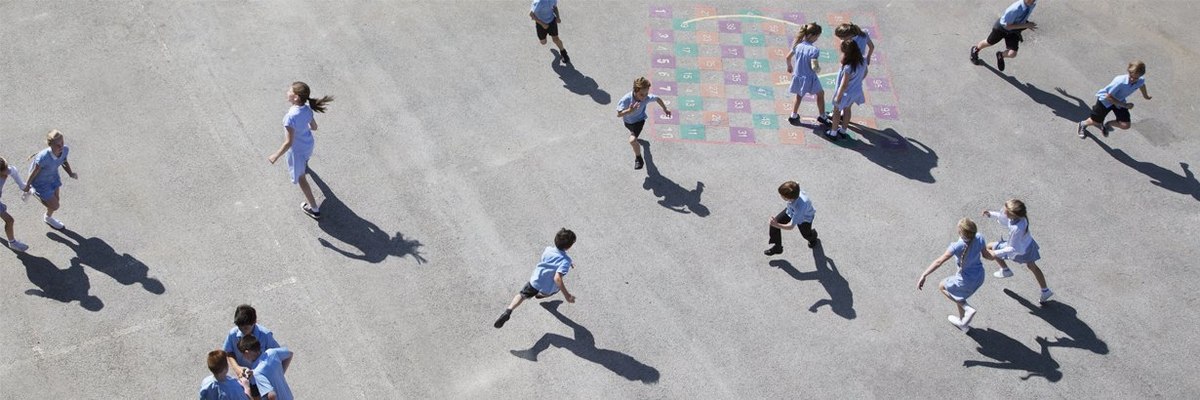With the recent release of data showing that some state schools are outperforming private schools for offers to attend Oxford or Cambridge University, The Times reported that rich parents are worried that private school may no longer be the ticket to an elite institution it once was.
That attending an expensive school might not benefit a child is nevertheless a niche view, according to new YouGov data on education quality.
Our research finds that the majority (54%) of adults in Britain believe that the quality of education they received at their secondary school was either ‘very good’ (20%) or ‘pretty good’ (34%). Three in ten (31%) think it was average, and 12% believe the education they received was bad.
However, the answer seems to heavily depend on what type of school you went to.
Of those who attended a comprehensive school, just 45% reported that the education they received was good. For those who attended a grammar school, however, this figure is much higher, at 80%. This number is similar for those who attended a private school, of whom 77% rate their education as being good.
Those who went to a comprehensive were also the most likely to rate their education as being bad (15%) compared to private school (4%) and grammar school attendees (5%).
What impact does school type have on career success?
Where the debate around the existence of grammar and private school becomes most contentious is the implication for pupil’s career success. Research by the Sutton Trust has found that a disproportionate number of well-paid jobs are occupied by the privately educated, for example finding that almost three quarters (74%) of top judges were educated privately.
Our research shows a large proportion of those who were state educated believe the type of school they went to has had an impact on their career success.
Of those who attended a comprehensive, 44% believe their job prospects would have been better if they had attended a private school, their career would have turned out much the same and only 3% believing they would have done worse.
They are less likely to believe going to a grammar school would have made any difference to their career than they are to believe going to a private school would have. Only a third (34%) believe they would have done better at a grammar school, with 44% believing they would have done much the same and just 3% believing they would have done worse.
When it comes to former grammar school pupils, they are much less likely than former comprehensive pupils to think their life would have been better had they attended a private school (27%). Half believe they would have done much the same (49%).
Should they have attended a comprehensive, rather than grammar school, one in three former grammar pupils believe their lives would have turned out worse as a result. Four in ten (41%) believe things would have panned out much the same.
By contrast, four in ten private school attendees (39%) think they would have done worse at a state comp, compared to 35% who think they would have done just as well.
The vast majority of Britons think the school a child attends has an impact on their success – but other factors are seen as more important still
Three quarters of Britons believe the school a child attends has a large impact (26%) or some impact (47%) on their chance of success. Only one in six (16%) think it has little impact, and just 6% say it has no impact at all.
Britons are, however, more likely to believe that the standard of teaching at school (89%) and a child’s own intelligence (88%) have a large or some impact on their success.
Similar numbers of people also believe that where a child lives and grows up and the amount of money their parents have as much of an impact on them as where they go to school, at 76% and 75% respectively.
A majority (55%) also think a child’s ethnicity has a large or moderate impact, while 41% think their gender plays into children’s success (with women more likely to think so than men, at 46% vs 35%).
Britons are split on the future of private and state selective schools
Despite the amount of influence Britons believe a school has on their future chances of success, there is limited support for phasing out private or state selective schools. On the question of banning private schools, just 21% would support a ban, while 30% would oppose it.
In her time as Prime Minister, Theresa May set aside money for the opening of new selective schools, paving the way for a new generation of grammar schools. Britons are divided on this issue. One in five (20%) support the status quo, saying we should keep the current number of grammar schools and not open any more. Three in ten (29%) support opening more selective schools, while a similar number (27%) believe grammar schools should be scrapped altogether.
Unsurprisingly, opinion differs between those who attended a grammar school versus those who attended a non-selective state school. Of those who attended a grammar school, 47% support the building of further such schools, while just 22% of those who attended a non-selective state school feel the same.










